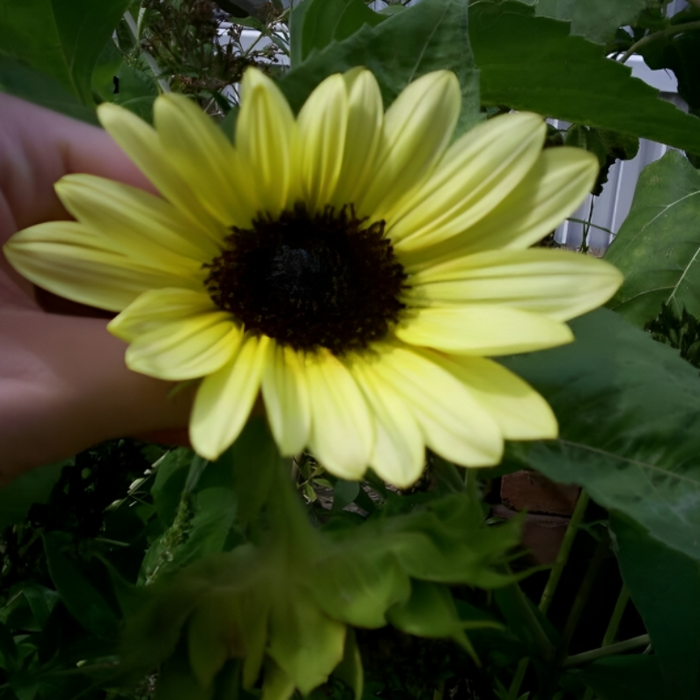
Lemon Queen Sunflower Seeds
Save 50%
Original price
$10.00
Original price
$10.00
-
Original price
$10.00
Original price
$10.00
Current price
$4.99
$4.99
-
$4.99
Current price
$4.99
Lemon Queen Sunflower Seeds are designed for ease of cultivation, making them suitable for both experienced and beginning gardeners. These seeds can be sown directly outdoors after the last frost has passed or started indoors in the weeks leading up to the end of frost season, providing flexibility for garden planning.
Specifications:
- Color: 12" Lemon Yellow Flowers
- Plant Seeds: Outdoors After Frost / Indoors Weeks Before Last Frost
- Plant Height: 60 - 72"
- Plant Spacing: 18 - 24"
- Bloom Time: Early Summer - Early Fall
- Light Requirements: Sun
- Soil & Water Preferences: Average - Dry
- Quantity: 50 Seeds


